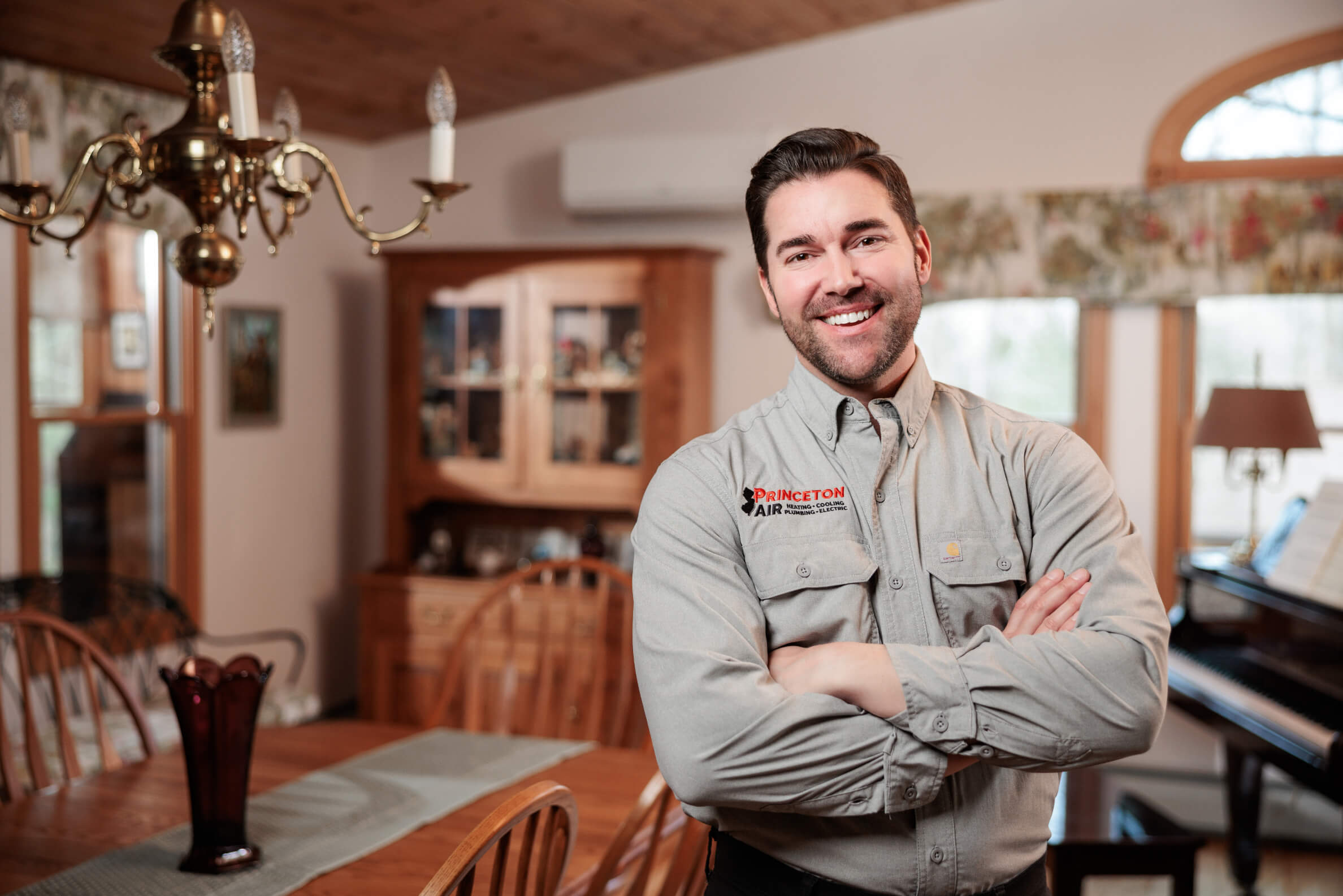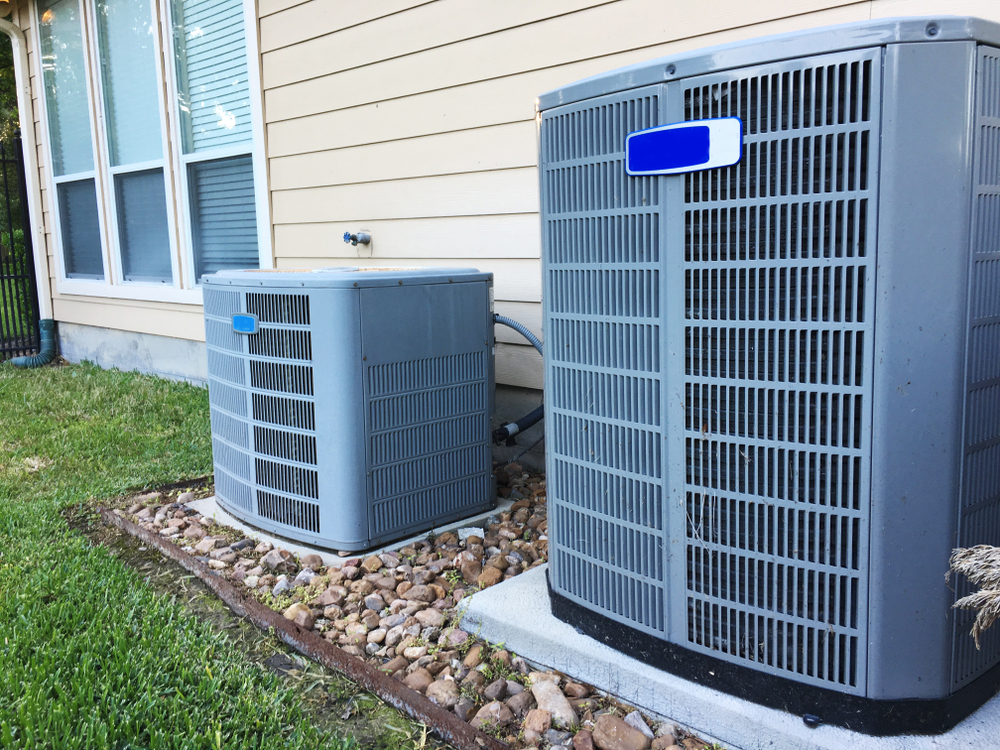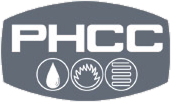With cold weather fast approaching, Sustainable Princeton and the Princeton Environmental Commission analyzed energy audits from six area homes and found that with recommended improvements, each home could realize an average savings of $1,400 on their annual energy bills.
“On average, a typical home adds 6,500 pounds of carbon every year to the atmosphere. Upgrading old appliances and weatherizing your home can reduce energy use by 25 percent. That’s a 25 percent reduction in your utility bills — a 25 percent reduction in your carbon footprint.” says Heidi Fichtenbaum, a LEED-certified architect and chair of the Sustainable Princeton Residents Working Group.
An energy audit consists of having a certified auditor inspect the entire home and perform various tests, such as infrared imaging and the blower-door test, to determine the home’s energy efficiency. The cost of the basic audit is $125, which is a visual house check from the attic to the basement. A $300 audit consists of critical tests like the blower-door. Audits can last from three to four hours, and is typically split into two sections: HVAC and appliances, and shell measures, which includes insulating the attic, air sealing doors etc.
The audits, conducted by Princeton Air Conditioning Inc., and Potential Energies LLC, found that no matter the age or size of the home, each needed some form of weatherization, air sealing and insulation. The homes audited ranged from 23 to 140 years old and from 2,400 to 4,600 square feet. Based on this sample, the homes could save an average of $1,388.66 per year on energy costs, with an average expected payback period of 6.7 years.
After following up with homeowners who have made changes based on the audits, Scott Needham, president of Princeton Air Conditioning Inc., found that the biggest and most immediately noticeable improvement was noise reduction and a more comfortable living space, not to mention the reduction in carbon emissions.
“With approximately 9,300 households in the Borough and Township, our collective carbon footprint for heating and cooling our homes is over 60 million tons per year. If all Princeton residents took steps to improve their home energy use, we could reduce our greenhouse gas emissions by approximately 15 million tons per year.” says, Ms. Fichtenbaum.
Sustainable Princeton recommends that homeowners try to take all of the steps laid out in their home energy audit, including upgrading old HVAC systems, appliances, and making lifestyle changes.
“A building is like a body. Everything works together. You can fix one scratch, but that gushing artery will still kill you,” says Rees Keck, energy consultant and cofounder of Potential Energies LLC.
Many customers have been motivated to conduct audits because of the financial incentives offered by the State of New Jersey. The Home Performance with ENERGY STAR Program, administered by the Office of Clean Energy under the New Jersey Board of Public Utilities, provides monetary incentives, through rebates, special financing options, and tax credits to help homeowners get the work done. To find out more about the financial incentives go to http:// www.njcleanenergy.com/residential/programs/ home-performance-energy- star/home-performance-energy-star-about cost, weatherizing can easily be done by the homeowners themselves says Ms. Fichtenbaum, “Weatherizing is not highly technical or expensive you just need to be detail oriented to seal cracks, weather-strip and add insulation. It’s that simple.”
Sustainable Princeton has given several presentations on conserving home energy and the importance of weatherizing, including a doit-yourself presentation from Ms. Fichtenbaum. Any Princeton resident interested in learning more is encouraged to contact Sustainable Princeton. Princeton Air Conditioning Inc., located in West Windsor (Princeton Junction), is a local, family- owned, 39-year-old business. Potential Energies LLC was co- founded in 2009 by Rees Keck and Ben Farber, Princeton High School alumnus, with locations in Princeton and New Hope.
Sustainable Princeton’s mission is to protect our environmental health, build a strong local economy, and foster a socially responsible citizenry by collaborating with residents, schools, businesses, nonprofits and municipal government to implement the Sustainable Princeton Community Plan. Sustainable Princeton is housed at the Princeton Regional Planning Offices.
The energy audits were funded by the Princeton Environmental Commission, which is charged with the protection, development and use of natural resources in the Princeton community. To see the analysis of the audit reports, and for more information, go
to www.sustainableprinceton.org.










